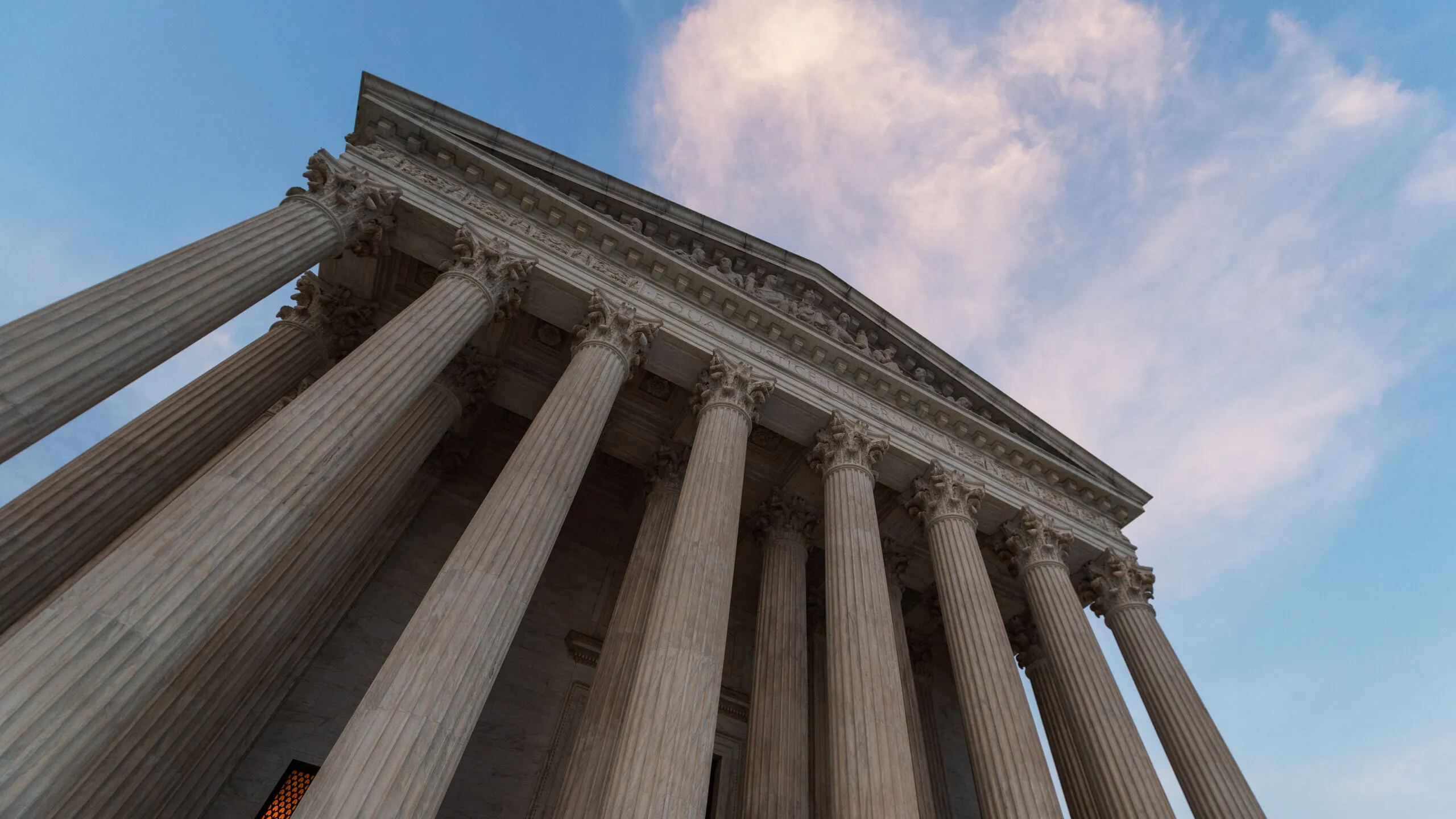In the second of two religious freedom decisions issued by the Supreme Court Wednesday, the court determined that religious employers, including schools, hospitals, and social service organizations, are, in fact, exempt from some aspects of employment discrimination law, where that law conflicts with their closely held beliefs.
The 7-2 decision had the same breakdown as the Supreme Court’s contraception mandate decision; Chief Justice John Roberts sided with the court’s conservatives, as did Justices Elena Kagan and Stephen Breyer, and Justices Ruth Bader Ginsburg and Sonia Sotomayor dissented.
The case before the court involved two Catholic schools, St. James Catholic School and Our Lady of Guadalupe Catholic School, that dismissed employees who later sued.
Religious institutions typically have a so-called “ministerial exemption” allowing them more leeway in hiring and firing and certain protection from employment discrimination suits, but the case before the Supreme Court ultimately tested whether there was a specific limit to that “ministerial exemption,” particularly where the fired employees were not technically members of the church’s ministry.
“The decision covered two cases involving teachers at religious schools who claimed that they were discriminated against. In one, Agnes Morrissey-Berru alleged that a Roman Catholic school in Los Angeles did not renew her contract because of her age,” Fox News reported. “She taught a variety of subjects, including religion, but did not have any religious training or title prior to working there. She did take religious education classes at the school’s request once she was working there, and prayed with students.”
“In the second case, Kristen Biel — who has since died — claimed that she was let go from another Los Angeles Catholic school because she asked to take leave due to breast cancer treatment. She too taught multiple subjects including religion and prayed with students, despite not having a formal religious title,” the outlet added.
The Supreme Court affirmed that such religious organizations do, indeed, have broad protection against employment discrimination suits.
Justice Samuel Alito, writing for the majority, noted that the Court could not carve out loopholes to the exemption, lest they risk making it moot.
“The religious education and formation of students is the very reason for the existence of most private religious schools, and therefore the selection and supervision of the teachers upon whom the schools rely to do this work lie at the core of their mission,” Alito wrote. “Judicial review of the way in which religious schools discharge those responsibilities would undermine the independence of religious institutions in a way that the First Amendment does not tolerate.”
“Take the question of the title ‘minister. Simply giving an employee the title of ‘minister’ is not enough to justify the exception. And by the same token, since many religious traditions do not use the title ‘minister,’ it cannot be a necessary requirement,” Alito added. “Requiring the use of the title would constitute impermissible discrimination, and this problem cannot be solved simply by including positions that are thought to be the counterparts of a ‘minister,’ such as priests, nuns, rabbis, and imams.”
As with the contraception mandate case, both Sotomayor and Ginsburg objected on grounds that the Supreme Court was granting too much leeway to religious institutions and, at the same time, undercutting individuals’ rights.

.png)
.png)

